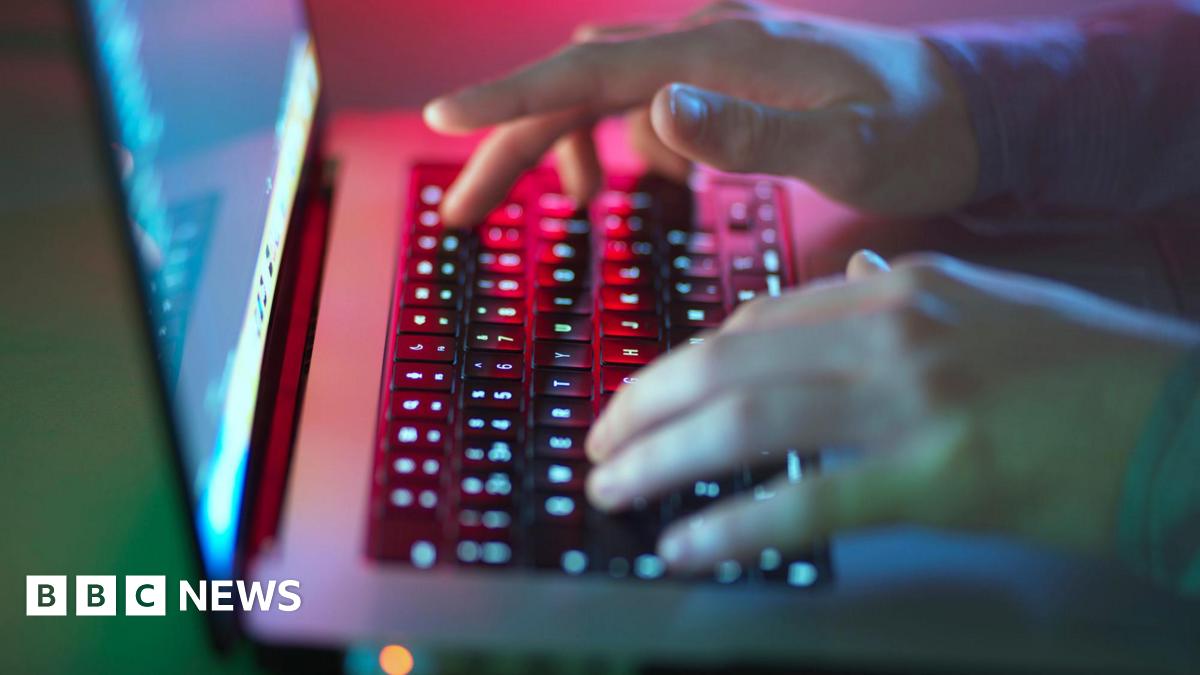World
Leading UK TV Execs Say There Are Too Many Production Companies: “There Isn’t Enough Money & Hours To Keep Everyone Alive” – Edinburgh

A trio of British TV behemoths have said there are too many production companies as the middle falls out of the market.
Banijay UK boss Patrick Holland, It’s a Sin exec Nicola Shindler and BBC iplayer/channels chief Dan McGolpin all roundly agreed that the amount of work currently in the ether is unsustainable for the number of indies when questioned during this morning’s big panel at the Edinburgh TV Festival.
“You can’t sugarcoat it,” said McGolpin. “There aren’t enough money and hours to keep everyone alive.”
Holland said “in terms of sheer economics there are too many indies for the amount of hours,” while Shindler posited that “there are a lot of talented people who aren’t getting a look in.”
The issue has been perennially debated on Edinburgh panels down the years but during today’s debate it felt particularly stark.
Some of the biggest names in the TV world used the Back from the Brink panel to debate risk aversion, streamers and the changing face of the workforce in the multi-billion pound industry.
“You will end up with an elite class of people”
Edinburgh Exec Chair Fatima Salaria argued consistently and passionately for British TV to continue to be diverse and not become the preserve of premium content in the face of market contraction and a tricky ad market.
“For me, in terms of the workforce you will end up with an elite class of people who will make elite, high-class premium factual and drama,” she said. “They will be the winners and we will end up in a situation in which a lot of the stuff the BBC and Channel 4 values could end up on cable, or a UK version of what cable is.”
Salaria, who recently joined The Responder indie Dancing Ledge to mastermind its factual drama push, was flagging the issue of the ‘middle’ dropping out of the market, which will lead to “winners and losers.” “Indies will not be able to compete in that world because of the way their business is structured,” she added.
To help the traditional broadcasters remain viable, she posited that they may need to “combine together on some kind of super iPlayer content platform that would ensure the survival of PSB values.”
“People are coming to the BBC for national moments but you can’t sustain a model on that,” she said. “I worry about the license fee and the fact that audiences are going to switch off.”
Banijay’s Holland rejected this notion, saying he “doesn’t think audiences are just coming to the Queen’s funeral or the football, but are coming to [ITV’s] Mr Bates vs the Post Office or [the BBC’s] The Sixth Commandment.” “If you name the top 10 dramas of the year in terms of streamers, ITV, Channel 4 there is a lot of PSB on there,” he said. “Audiences are still coming in huge numbers to PSB content but the issue about prominence [of this content] is massive.”
He acknowledged the “downturn in the middle” but said he is speaking with producers about moving into other areas in order to help resuscitate the ailing workforce as best as possible.
The panel debated risk aversion, with Quay Street Productions boss Shindler saying shows now have to be “bigger and push further” than ever, which is difficult with the current contraction.
“You need to make sure [audiences] will come back to the show as there are so many options,” she added. “In terms of working with writers and directors you need the end of the episode to be 10 times as good as it was 10 years ago.”
Shindler, nonetheless, urged buyers to drop budgets, positing that the industry should “go into cheaper TV again” and floating that current shows are no more “exceptional” than when there was far less money around.
Salaria said “some of the stories I saw when I grew up wouldn’t make it onto a platform now,” citing shows about current affairs “that might not be led by talent as an example.”
McGolpin, who runs BBC iPlayer and Channels, said it is still possible to create TV brands at a lower cost, citing the success of shows like Gardeners’ World on iPlayer. “Some of our dramas aren’t expensive or aren’t as expensive as others,” he said. “It’s not always about money but what is being lost is the middle ground of things. If you can create a brand whether low or high cost it is still possible [to make it big].”
Marketing push
Also speaking on the panel was Beckham producer Nicola Howson, a former marketer who argued that traditional indies need to be better at marketing their shows.
“I used to be in PR and people have been sniffy about me being a producer but as a marketer it has made me able to hone how we take shows to market,” said the Studio 99 boss. “People say ‘I’ve handed my show to the BBC or ITV or Netflix and am disappointed with how it was marketed.’ The best producers are the ones like Nicola [Shindler] or [Sister boss] Jane Featherstone who still fight for every inch of what will happen on their show.”
Howson urged traditional producers to consider alternative “revenue streams” amid the ad downturn and learn from people making shows on YouTube.
In turn, she was brazen with her assessment of the number of people who work on traditional TV shows. “When I walk on sets I could take half the people out and do the same job,” she said. “When you make stuff for YouTube you don’t have that same luxury [of having that many people].”
“Teething troubles” on ‘Beast Games’
One YouTuber, Mr Beast, is currently teaming with Amazon on his mega-budget Beast Games series, which has of late been having “teething troubles,” according to panel host Ros Atkins, who questioned Prime Video UK MD Chris Bird about reports of safety concerns during the making of the show.
To titters from the audience, Bird swerved the question, simply saying: “It’s going to be great. It’s going to be a massive hit.”
Atkins, who is known for his snappy digital videos analyzing big topics, kicked off the session with a walkthrough of the current state of play in the industry, during which he posited that we are in a “new era.”
The panel were speaking at Edinburgh, with the likes of Warren Littlefield, will.i.am and Netflix’s Anne Mensah coming later.









